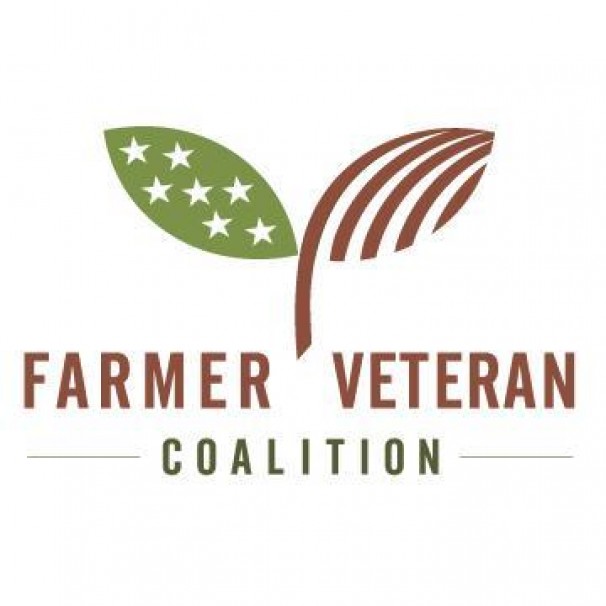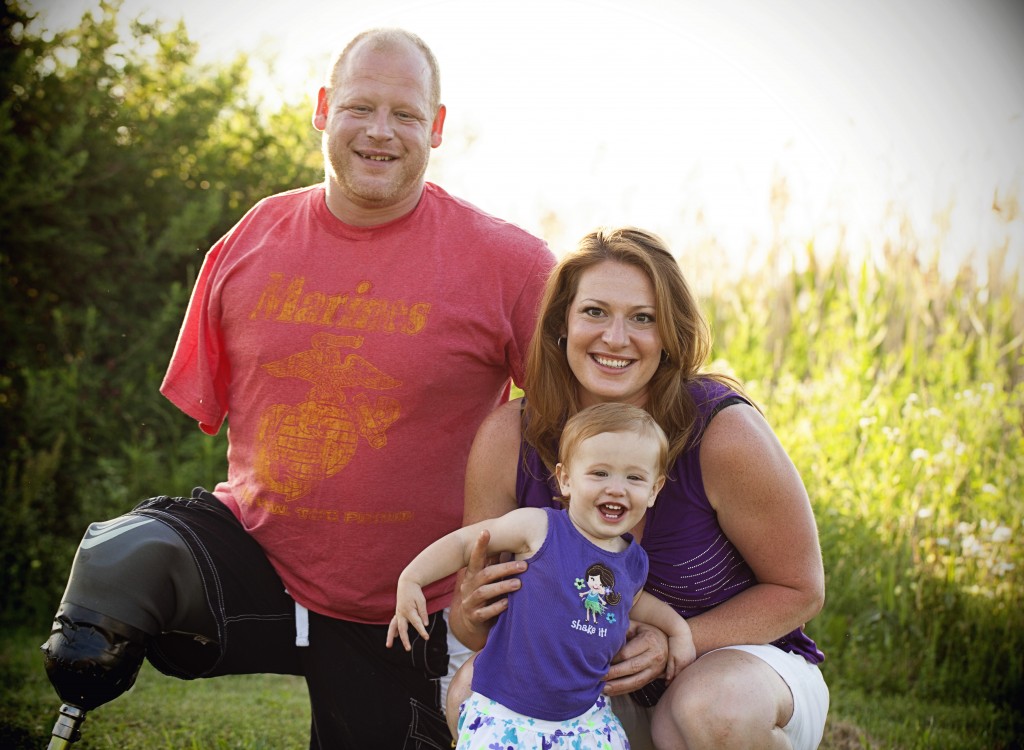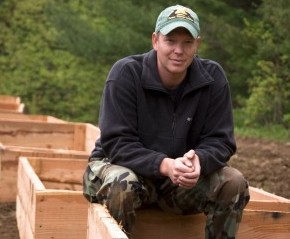You don’t have to talk to many dairy farmers who have committed their lives to the safe production of quality nutritional milk to discover that there are many different ways to be wealthy in the world. Wealth means a lot more than just financial success. However, sometimes, especially when times are financially tight, we forget that we are all wealthy in one way, or another.
Over the years I have become a big fan of a gentleman named, Robin Sharma, starting when I read his book The Monk Who Sold His Ferrari. It was Robin who first opened my eyes to the fact that there is more to life than just making money and specifically “there is no benefit in being the richest man in the graveyard.” He defined and introduced me to the following seven elements of wealth:
- Inner wealth
This includes a positive mindset, high self-respect, internal peace and a strong spiritual connection. Positive people with a positive outlook on the world can be happy – Always. I have been fortunate in my life to have married a wonderful woman, who is a psychiatrist. (Read more: How I Used Everything I Know About Animal Breeding to Choose My Wife and The Other Woman) In our many conversations about people’s mental health, I have come to realize that this might be one of the biggest areas that many of us overlook when we judge our wealth. My wife deals with people from all economic backgrounds every day. Your financial health has very little to do with your mental health. Yes, lack of income is very stressful. However, there are also pressures on those who have significant wealth. I can remember when I was about 16 years old, a very “wealthy dairy farmer” from our community committed suicide. At the time, I can remember wondering why he would do such a thing. He had a financially successful farm and a great family. How could he possibly want to leave all of that? It’s now at an older age that I can appreciate that he suffered from inner health issues. Try this: Have a positive mental attitude and try to be sad at the same time. I don’t think it’s possible. With a positive attitude, life appears to be positive. Inner wealth really helps. - Physical wealth
Your health is your wealth. What’s the point of having all the money in the world if you get sick doing it? Why be the richest person in the graveyard? For me, it took having a heart attack to realize this. Before that, I worked 80 hours a week, and drank copious amounts of Coke in order to compensate for my lack of sleep. Upon having my heart attack, and realizing that I was risking losing it all and not being there for my children as they grow up that I knew that my lifestyle had to change. A person who is not healthy cannot enjoy life. If you want to learn the importance of wealth, ask someone who is not feeling well or facing health issues (Read more: Patricia Stiles –Dairy Farmer, Grandmother, Hero, Fighting for Her Life!). - Family and social wealth
Do you have loving parents or a caring brother or sister or friends who can come to your help at any time you want? Family and friends are another form of wealth. We are fortunate to be part of the greatest community in the world (Read more: Why the Dairy Community is the Greatest in the World….). However, one of the things about being part of this great community is being an active participant in it. No one gets to the end of their life and regrets making their family their first priority. Imperative in this is forging deep connections with friends and members of your personal community (including mentors, role models and trusted advisors). - Career wealth
When we have success in our chosen career, we feel a sense of fulfilment. In the dairy industry, this could mean earning a Master Breeder shield or production achievement awards. This is another type of wealth. Actualizing your highest potential by striving for your professional best is incredibly important. Earning recognition in your profession brings a feeling of satisfaction for a job well done. It helps you to make your mark. Being world class in your work is also good for your self-respect. - Economic wealth
Yes, money is important. Not the most important thing in life but very important. It absolutely makes life easier and better. Money allows you to live in a nice home, take beautiful vacations and provide well for those you love. And as Yvon Chouinard, the founder of the outdoor gear company Patagonia, has said: “The more I make, the more I can give away. So, earn more to give more.” - Adventure wealth
We feel happy when we visit a new place or meet new exciting people. We feel happy when we are able to take the challenge and deliver more than expected. Adventure is another form of wealth. To be fulfilled, each of us needs mystery in our lives. Challenge is necessary for happiness. The human brain craves novelty. We are creative beings, so we need to be constantly creating if we hope to feel joy. Lots of adventure (ranging from meeting new people to visiting new places, to trying new things) is an essential element of authentic wealth. - Impact Wealth
Perhaps the deepest longing of the human heart is to live for something greater than itself. That is part of what drives the majority of the dairy farmers I have met in my life. Each of us craves to be significant. To make a difference. To know that the world has somehow been better because we have walked the planet. This is just one of the reasons that dairy farming is one of the most rewarding professions in the world.
The Bullvine Bottom Line
Money alone does not define wealth. There are many rich people who are unhappy and unsuccessful as human beings. By focusing on improving these seven elements of wealth to higher levels, you will not only be richer in the eyes of those around you, but you will also find contentment in who you are as a person. That is when you will truly be the wealthiest dairy farmer in the world.

Get original “Bullvine” content sent straight to your email inbox for free.





 Since the unfortunate events of 9/11, over 2.8 million Americans have served in uniform. According to the Bureau of Labor Statistics, a whopping 200,000, or about 1 in 11, are currently unemployed. The men and women who work risked their lives to protect the freedom of so many American’s enjoy on foreign soil cannot find the means to make a living when they return home. About forty-five percent of the military comes from rural communities, compared with one-sixth of the total population, according to the Carsey Institute at
Since the unfortunate events of 9/11, over 2.8 million Americans have served in uniform. According to the Bureau of Labor Statistics, a whopping 200,000, or about 1 in 11, are currently unemployed. The men and women who work risked their lives to protect the freedom of so many American’s enjoy on foreign soil cannot find the means to make a living when they return home. About forty-five percent of the military comes from rural communities, compared with one-sixth of the total population, according to the Carsey Institute at 





